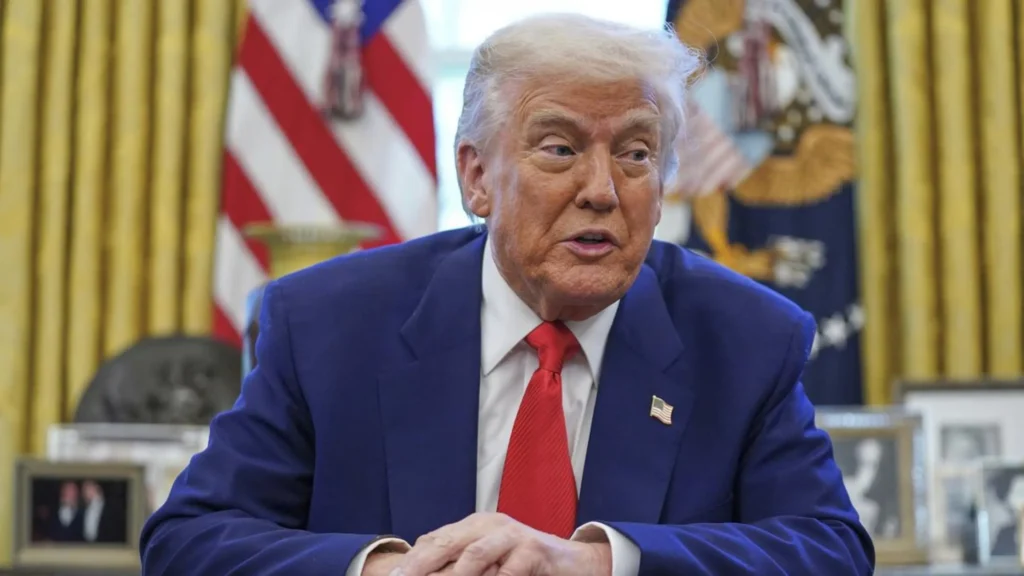Washington, D.C. — U.S. Treasury Secretary Scott Bessent on Thursday urged Republicans in Congress to drop a controversial “retaliatory tax” provision targeting foreign investors, as lawmakers scramble to finalize a massive budget bill amid internal divisions and growing market unease.
Foreign Investment Fears
The provision, known as “Section 899,” would grant President Trump authority to impose a 20% tax on investors (retaliatory) from countries deemed to impose unfair taxes on U.S. firms. The measure has sparked alarm on Wall Street, with fund managers and venture capital firms warning it could rattle financial markets already jittery from Trump’s tariff threats.
Trump’s Push and Bill Highlights
President Trump has been pressuring lawmakers to pass the sweeping legislation, which includes:
- An extension of the 2017 tax cuts
- Increased funding for border security and the military
- Elimination of green energy incentives
- Cuts to food and healthcare safety-net programs
“This is the ultimate codification of our agenda,” Trump said, expressing hope it will pass before the July 4th deadline he has long emphasized.
Debt Impact and Budget Concerns
The Congressional Budget Office estimates the bill would add nearly $3 trillion to the national debt over the next decade — and $3.4 trillion when interest is included. Despite this, Trump has insisted it will benefit American workers.
Senate Roadblocks and Healthcare Clashes
Senate Republicans have yet to unveil their version of the bill and are struggling after the Senate parliamentarian ruled that several healthcare provisions violated budget reconciliation rules — a procedural move needed to avoid a Democratic filibuster.
These excluded elements included over $250 billion in healthcare cuts, including controversial changes to:
- Medicaid “provider taxes”, which some states use to draw more federal funds
- Transgender healthcare access through Medicaid
- Student aid and Medicaid eligibility for certain immigrants
Republicans face pressure from rural hospitals, which warn the provider tax limits could devastate their operations. Some GOP senators, like Josh Hawley (MO), have called for revisions to protect vulnerable health institutions.
Intra-Party Divides and Tight Vote Margins
With Republicans holding slim majorities in both chambers, the bill’s fate is uncertain. Internal GOP debates continue over provisions such as:
- State and local tax (SALT) deductions
- Taxes on healthcare providers
Senator Rick Scott (FL) summed up the challenge:
“It’s frustrating. But we need a plan that meets Trump’s goals and maintains fiscal sanity.”
Debt Ceiling Deadline Looms
Beyond the July 4th target, a more critical deadline is on the horizon — raising the debt ceiling later this summer to avoid a catastrophic default.
Parliamentarian Rulings Will Stand
Senate Republican (retaliatory) Leader John Thune confirmed the party will not seek to overturn the parliamentarian’s rulings, leaving key parts of the bill in limbo.
Source: Reuters
Read More : UK Living Standards to Flatline for Rest of the Decade
